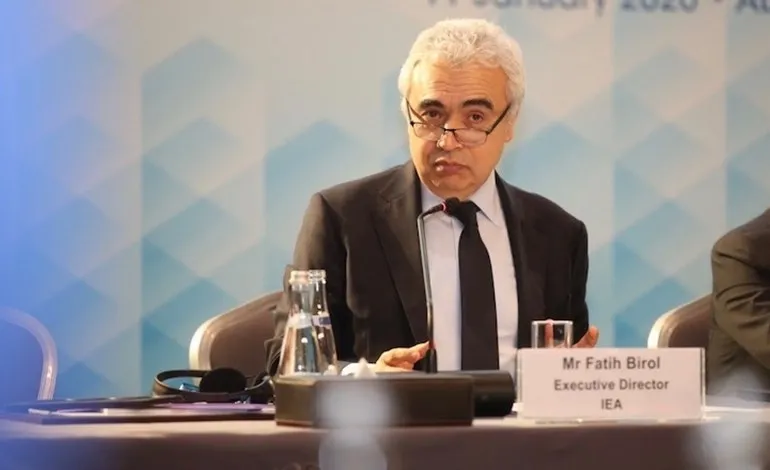'Indonesia needs renewables policy push'
- Solar projects are greater than two times as expensive as those in comparable arising market countries, says IEA

Indonesia has a sensible path to reaching its target of net zero emissions by 2060, but needs a continual policy initiative on renewables, according to an International Energy Agency (IEA) report.
The IEA report worries that the technologies Indonesia needs for the first steps in its journey to net zero-- such as energy effectiveness services, solar, wind and also electric vehicles-- are already commercially available today and also cost-effective, offered that the right policies are implemented.
Driving fast growth of renewables, specifically solar, demands an "immediate as well as continual policy push", the IEA stated.
Solar projects in Indonesia are presently more than twice as costly as those in comparable emerging market countries, while expenses can be reduced by presenting clear and also affordable tariffs and a predictable project pipeline.
At the same time, by permitting coal plants to run more flexibly as well as recompensing them for it, Indonesia can minimize power system prices by greater than 5% and aid maximize the space in the power system that needs to head to renewables.
To accomplish net zero by 2060, Indonesia will certainly need to practically triple energy financial investment by 2030 from today's level.
That means an additional $8bn in financial investment a year by the end of this decade compared with the level in a business-as-usual pathway, the report discovered.
The IEA's Energy Sector Roadmap to Net Zero Emissions in Indonesia is a collaborative project undertaken with the Indonesian Ministry of Energy and Mineral Resources (MEMR) at the request of the Government of Indonesia.
It was gone for the G20 Energy Transitions Ministerial Meeting in Bali under Indonesia's initial G20 Presidency.
IEA Executive Director Fatih Birol (pictured) and also Indonesia's Minister of Energy and also Mineral Resources Arifin Tasrif additionally authorized a Joint High-Level Statement that lays out a shared vision of Indonesia's course to net zero, making use of the roadmap's findings.
The IEA Roadmap shows that by getting to net zero by 2060, Indonesia would certainly reduce complete house energy bills as a share of revenue from today's level.
" Indonesia has the possibility to reveal the world that even for a nation that counts heavily on fossil fuel exports, a pathway to net zero emissions is not only feasible yet likewise useful," said Birol.
" We have to be clear-eyed about the challenges, especially in locations that rely on the coal sector, yet the financial opportunities more than make up for the costs."
Also read

